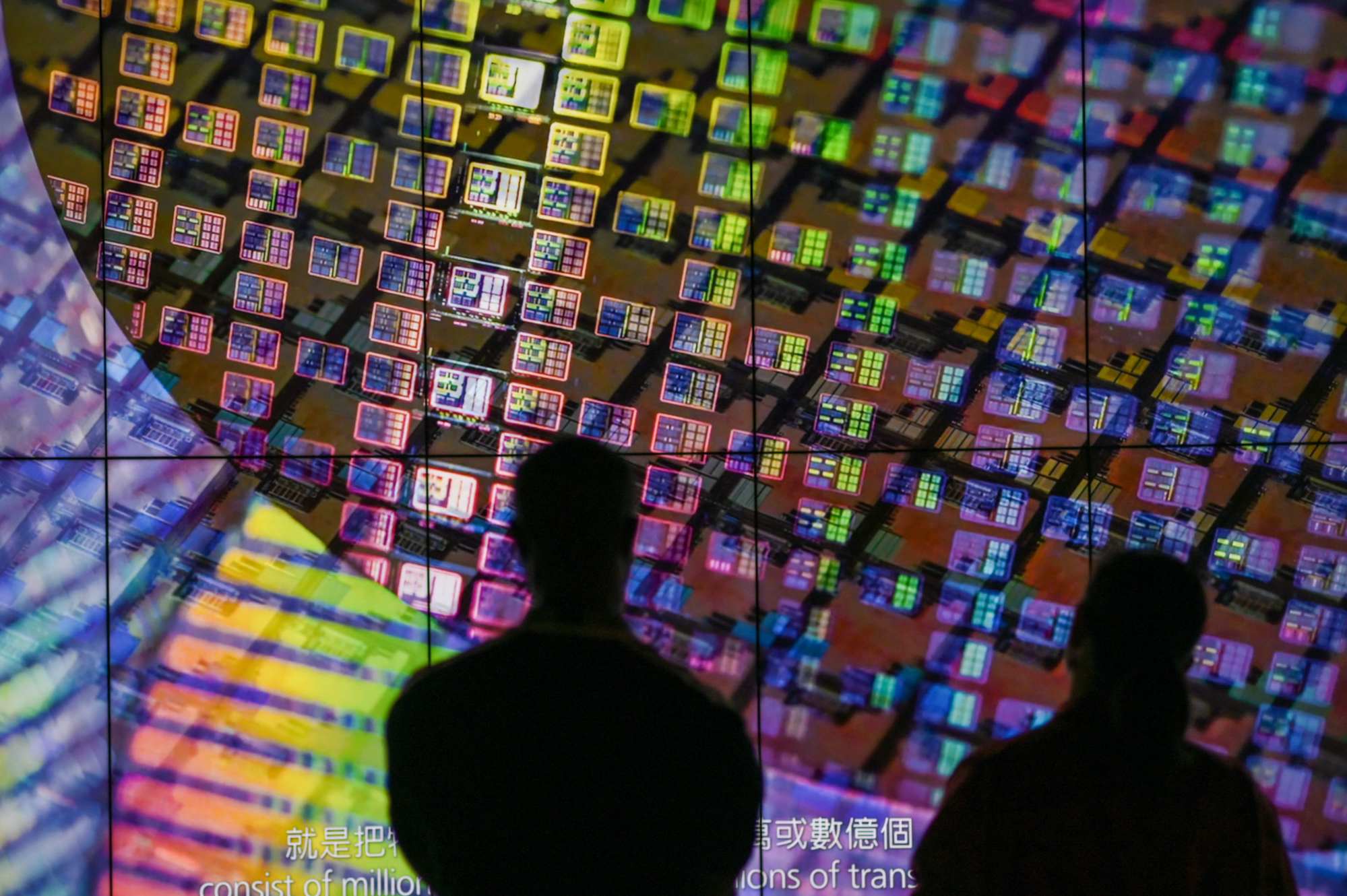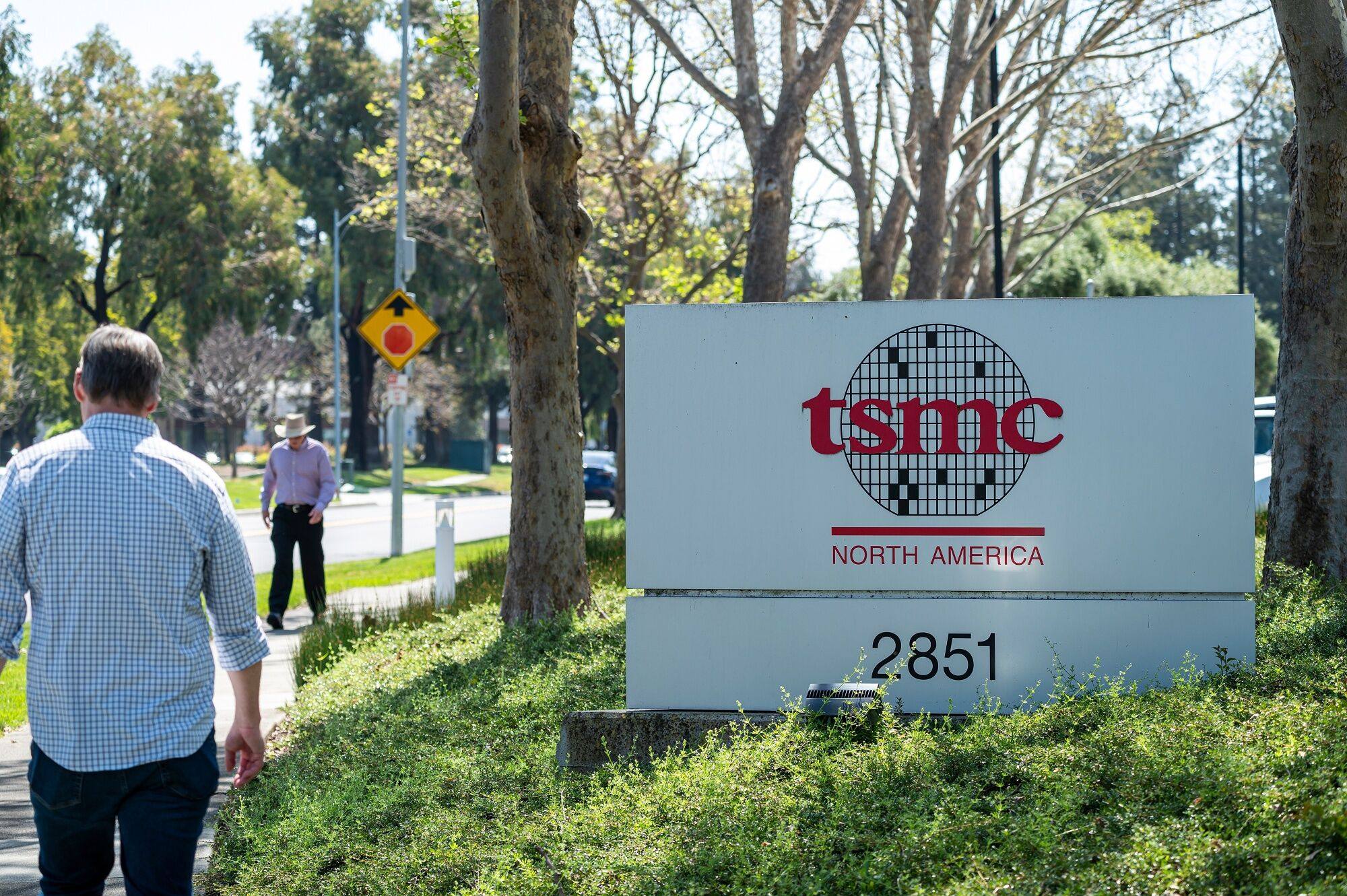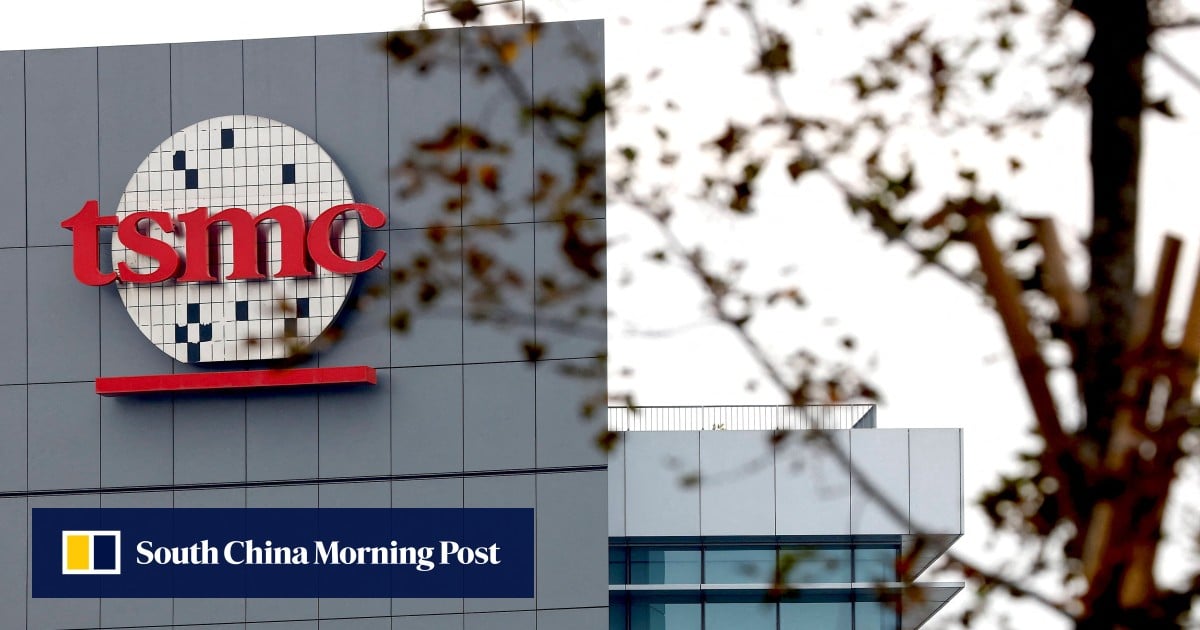The top 10 of the world’s most valuable companies is headed by Microsoft and Apple, closely followed by AI chip designer Nvidia.
Their global stock market valuations exceed three trillion dollars on Wall Street.
Alphabet and Amazon, which recently topped the two trillion dollar mark, follow in an ever-changing ranking.

The Saudi oil giant Aramco slipped into sixth place followed by Meta, TSMC and Tesla.
“The semiconductor industry is now the leading sector in the S&P 500,” noted CFRA analyst Angelo Zino recently.
“It’s taken over the last 15 or 18 months. That shows you how much the world has changed.”
The explosion in worldwide demand for chips, boosted by the rise of computing-intensive generative AI, promises sustained expansion for the industry.
Chip-makers are not only attracting investors but also a host of government subsidies.
The Biden administration, for example, has granted tens of billions of dollars in financial support over several years to help build chip factories in the United States.
Worldwide sales of semiconductors, which include integrated circuits, microprocessors and memory chips, are expected to reach US$611.2 billion in 2024, a record for the industry, according to the Semiconductor Industry Association.
Sales are expected to jump by 16 per cent in 2024 and a further 12.5 per cent in 2025, according to the trade organisation.
Nvidia, the designer of graphics processing units (GPUs), is the front runner of the craze, and has triumphed on Wall Street in recent months.
Nvidia’s GPU’s are a crucial component to building generative AI and since the November 2022 launch of ChatGPT, its market capitalisation has increased eightfold.
In mid-June, the Santa Clara, California-based group even briefly became the world’s most valuable publicly traded company, ahead of Microsoft at US$3.3 trillion.
“Nvidia’s GPU chips are the new gold or oil of the technology sector,” said analysts at Wedbush Securities.

For them, Nvidia, Apple and Microsoft are now engaged in “the race for the four trillion dollar billion market valuation.”
TSMC, with most of its factories based in Taiwan, is well placed to also reap the rewards.
While Nvidia, which only designs chips but does not manufacture them, remains discreet about its supply chain, it is widely believed that the bulk of its products are manufactured by TSMC.
The Taiwanese giant, which controls more than half of the world’s semiconductor demand, earlier this year posted first-quarter sales of US$18.87 billion, up 13 per cent year-on-year while net income climbed 9 per cent to US$6.97 billion.
As for Nvidia, its quarterly profit reached US$14.9 billion, a seven-fold increase over the previous year, on sales of US$26 billion.

